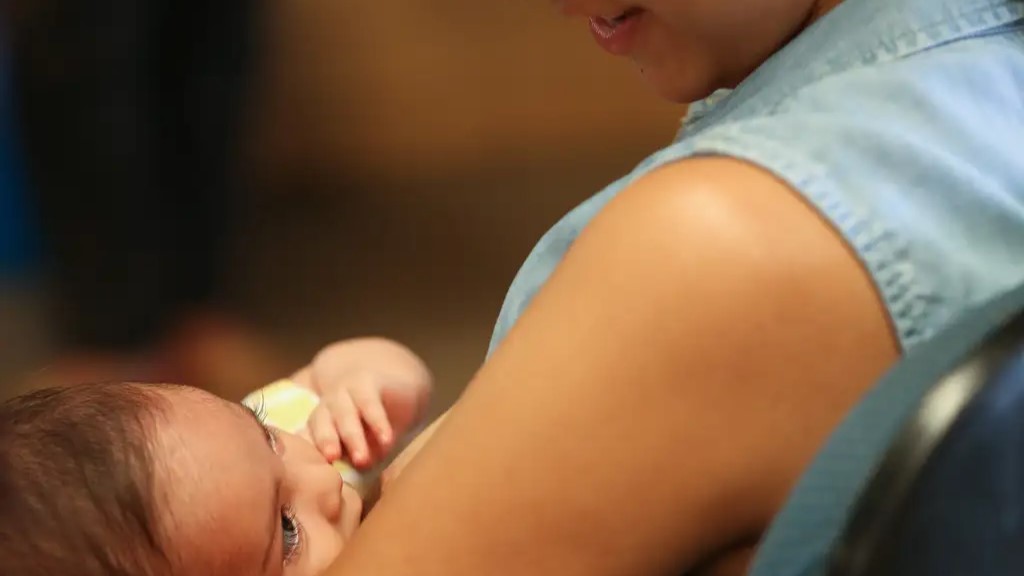Strict regulation of the commercial milk formula industry is essential to ensure the healthy and sustainable nutrition of babies. However, even countries with robust national legislation in this area struggle with major formula producers’ attempts to infiltrate public health and influence families’ food choices for their children. Brazil is a good example of this challenge, as highlighted by recent research conducted by a team of scientists, including nutritionist Cindy Alejandra Pachón Robles.
Their analysis reveals that despite having some of the world’s strongest breastfeeding laws, Brazil still experiences a growth in sales and numbers within the commercial milk formula industry. Over the years, Brazilian legislators have taken numerous steps to protect and promote healthy food choices for infants and children, such as introducing the right to maternity leave in the constitution, establishing a breastmilk bank network in the late 1980s, and implementing the Fome Zero strategy.
Read more: Tackling malnutrition in an era of political uncertainty: the case of Brazil
However, since the mid-2000s, breastfeeding rates have stagnated while formula sales have surged from USD 62 million in 2006 to USD 525 million in 2020. According to the researchers, this trend is largely driven by industry practices aimed at gaining the trust of families and capturing the market. The major formula producers in Brazil, primarily Nestlé and Danone, which collectively control over 90% of the market, have engaged in intensive lobbying efforts, including cultivating relationships in regulatory agencies like the Brazilian Health Regulatory Agency, Anvisa.
These companies have also focused on expanding their marketing efforts in areas not covered by national regulations, such as promoting follow-up formulas for children older than six months or using similar packaging for formulas targeting different age groups. By implying health benefits of formula and developing brands which appeal to potential users, these companies undermine confidence in breastfeeding, pushing families away from public health advice.
The rise of digital marketing has enabled formula companies to reach parents and caregivers despite restrictions on direct advertising. This includes collaborations with influencers to promote their products to families. Recognizing the importance of addressing this issue, Brazil is leading efforts at the World Health Assembly to adopt a new binding resolution on regulating digital marketing of commercial milk formula.
Also Watch: World Breastfeeding Week 2023: Is formula milk a real alternative?
During a recently concluded session of the World Health Organization’s (WHO) Executive Board, Brazil’s delegate underscored that the country believes addressing and regulating digital marketing is crucial in order to guarantee the protection of public health interests.
It is expected that the formula industry will strongly oppose such regulations and employ all available means to diminish their influence. This may include leveraging existing relationships with health worker associations. Despite calls from the WHO and civil society to sever ties with the formula industry, some health experts’ organizations continue to maintain these connections, as seen in instances like the British Journal of Midwifery conference.
Similarly, the groups organizing to push for the regulation of digital marketing are almost certain to experience pushback from associations like the Brazilian Society of Pediatrics, which still organize events with Nestlé and Danone.
People’s Health Dispatch is a fortnightly bulletin published by the People’s Health Movement and Peoples Dispatch. For more articles and subscription to People’s Health Dispatch, click here.





